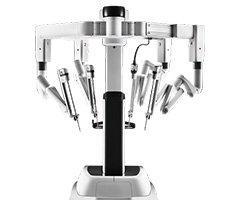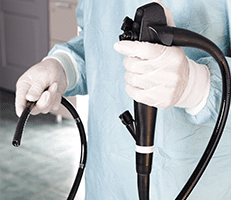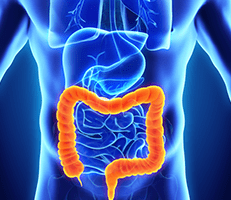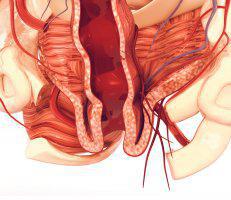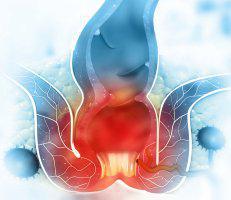Colon Cancer Specialist

Yosef Y Nasseri, MD
Minimally Invasive and Robotic Colorectal Surgeon & Robotic Surgeon located in Los Angeles, CA
Colon Cancer Q & A
What is colon cancer?
Colon cancer develops in the large intestine, or colon, which is at the lower end of your digestive tract. In many cases, the cancer begins as small, benign growths known as polyps that form inside your colon. Over time, the cells of the polyps can turn malignant, or cancerous.
Sometimes cancer in the lower digestive tract is referred to as colorectal cancer, which includes colon cancer and rectal cancer. These cancers can develop in people of any age, but your risk increases as you get older, if you have a family history, or if you have a personal history of other types of cancer.
What are the symptoms of colon cancer?
In the early stages of colon cancer, you may not have any noticeable symptoms. As the cancer progresses, you may experience symptoms like:
- Gas
- Bloating
- Bloody stool
- Rectal bleeding
- Abdominal pain
- Changes in bowel habits
It’s also common to experience unexplained weight loss, chronic fatigue, and weakness as a result of colon cancer.
How is colon cancer diagnosed?
If you have symptoms of colon cancer, Dr. Nasseri may order diagnostic testing to get a better look at your colon. A standard test for diagnosing colon cancer is a colonoscopy, which involves the insertion of a flexible, slender tube with an attached light and camera into the anus.
The camera sends images of your colon and rectum to an external monitor. Dr. Nasseri watches the monitor to identify polyps that can indicate cancer. During this test, he may also insert special surgical instruments through the tube to remove a sample of tissue for further testing at a medical lab to confirm cancerous cells.
Because you may not have symptoms in the early stages of colon cancer, it’s important that you undergo preventive cancer screenings if you have risk factors for the disease, like older age, a history of cancer, or chronic inflammatory diseases in the colon.
How is colon cancer treated?
In addition to confirming cancer, Dr. Nasseri can determine the stage of your cancer by evaluating how far the cancerous cells have spread. This information is important for creating the right treatment plan.
In the early stages of colon cancer, Dr. Nasseri may suggest surgery to remove polyps and cancerous tissue. He removes small polyps often during a colonoscopy. For larger polyps, Dr. Nasseri can use minimally invasive techniques that require only small incisions.
For advanced stages of cancer, Dr. Nasseri may need to remove part of your colon and reconnect the healthy part with your rectum. If this reconnection isn’t possible, he may need to create an opening in your abdomen that allows you to eliminate waste from your body.
If you have a family history of colon cancer and need a preventative screening or need diagnostic testing for symptoms of colon cancer, schedule an appointment with Dr. Nasseri by phone or online today.


